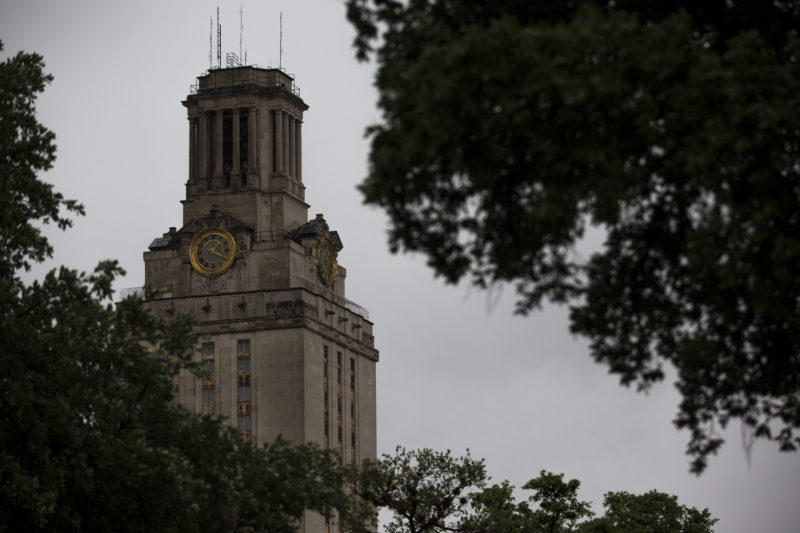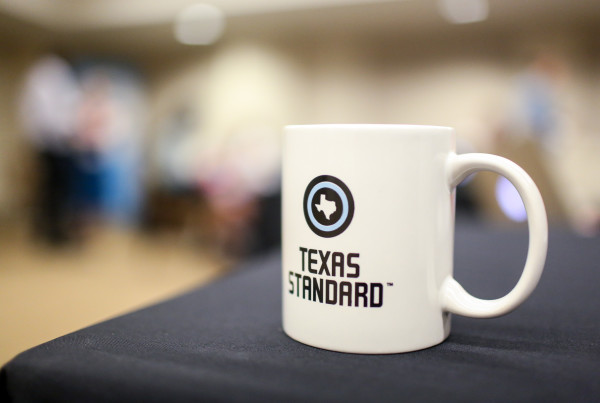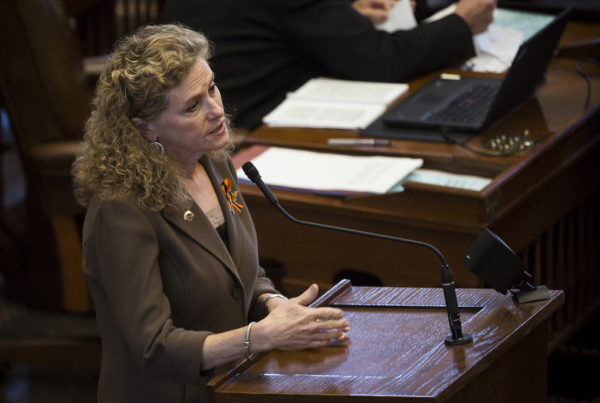The scandal caused by affluent parents paying large amounts of money to secure admission for their children to top universities, without meeting normal admission requirements, surprised many observers. And now it has led affected schools, including the University of Texas, to promise renewed efforts to bolster the integrity of admissions processes. Former UT Regent Wallace Hall, who has been critical of UT admission policies in the past, says he wasn’t surprised by the scandal.
“I’m just surprised that it doesn’t happen more often, frankly,” Hall says. “It’s been an endemic problem at universities and colleges around the country for decades, but mainly at those who are most competitive.”
Hall says the UT Board of Regents had difficulty governing the university, and that this difficulty goes back to admissions.
“The University of Texas, like most of these schools, control their boards through the admissions process, because most board members have family that they would like to see matriculate to their school,” Hall says. “And board members, therefore, don’t do their job, because they don’t want to cross the administrations.”
Hall says he was aware of politicians getting involved in the admissions process on behalf of candidates who had already been rejected for admission. He says universities shouldn’t grant admission to students whose parents are donors unless they are willing to acknowledge the practice.
“Let’s just be up front about it,” Hall says. “If you want to auction off the seats, tell the public how many seats you’re going to auction off. Why do you take this person’s million dollars to let their son in? Why is that million dollars so important? If you’re going to auction it off, maybe somebody else will pay more.”
Hall says that if a more transparent admissions process existed for wealthy donors, the university would lose leverage.
“There’s no payback for them. They have no power if it’s transparent,” Hall says.
Last week, in the wake of the scandal, UT-Austin President Greg Fenves issued a statement titled “Striving for Higher Ethical Standards at UT.” He said the university will do a review to determine whether the necessary rules and procedures are in place to prevent violations in the future, and said that the integrity of UT admissions is essential. Another statement from UT-Austin addressed how the UT System admissions had already changed its admissions policies in 2015. It said, in part, “that no unqualified applicant be admitted,” and “that any admissions decision beyond normal process be very rare and for highest institutional importance.”
Written by Shelly Brisbin.
Note: The University of Texas at Austin, regarding the 2015 update to the university’s admission policies. It was not included in the original version of this post.
“In August 2015, the UT System Board of Regents amended admissions policies for undergraduates. Section 6 of Regents’ Rule 40303 addresses presidential discretion in admissions: https://www.utsystem.edu/board-of-regents/rules/40303-admissions-procedures-u-t-institutions
Please note that in Section 6, the Rules specify “qualified students” and that such an admissions decision can’t displace another student who would otherwise be admitted.
Per the Regents’ Rule, reports have been made to the chancellor on fewer than a dozen admissions for all eight academic institutions since the rule was instituted in 2015.”















